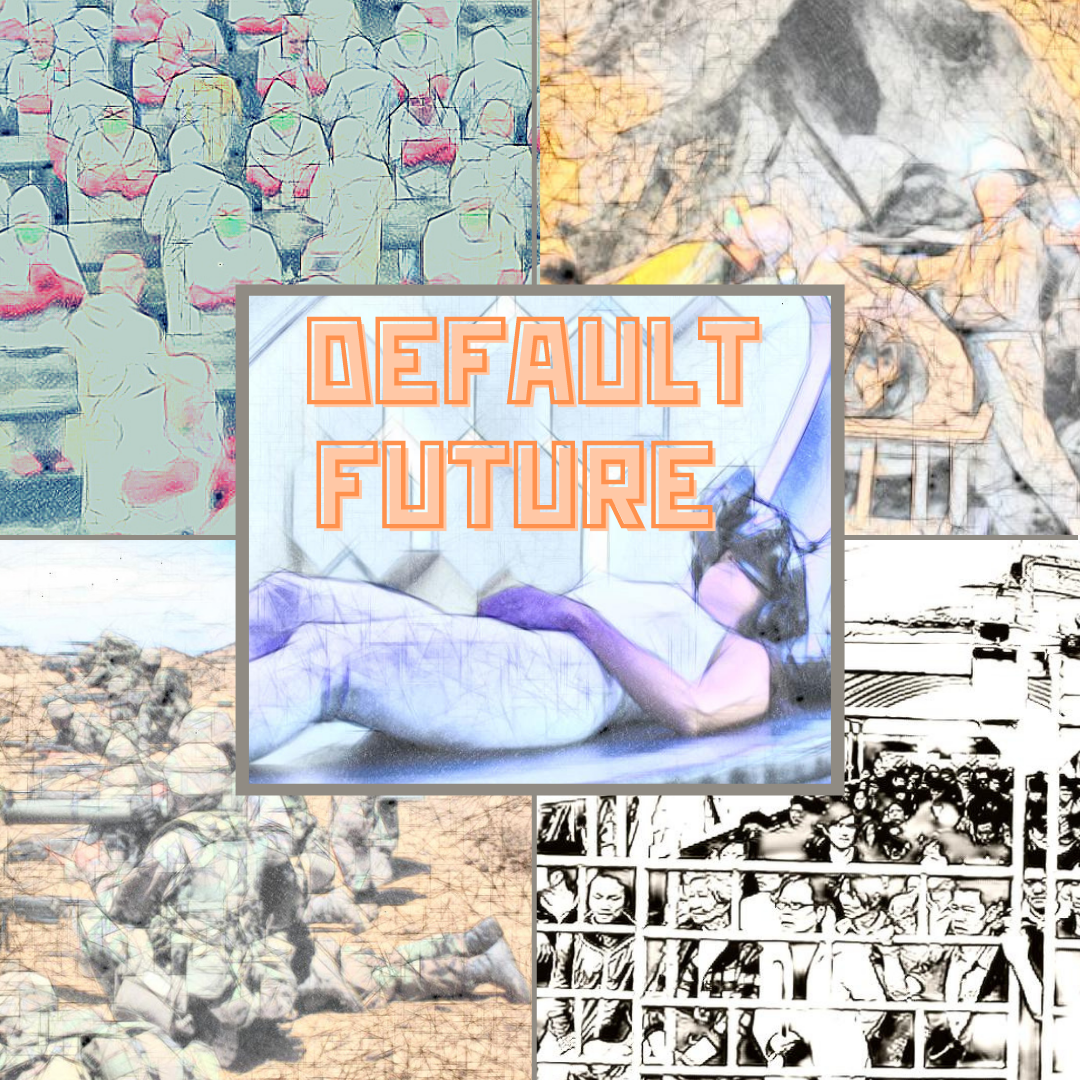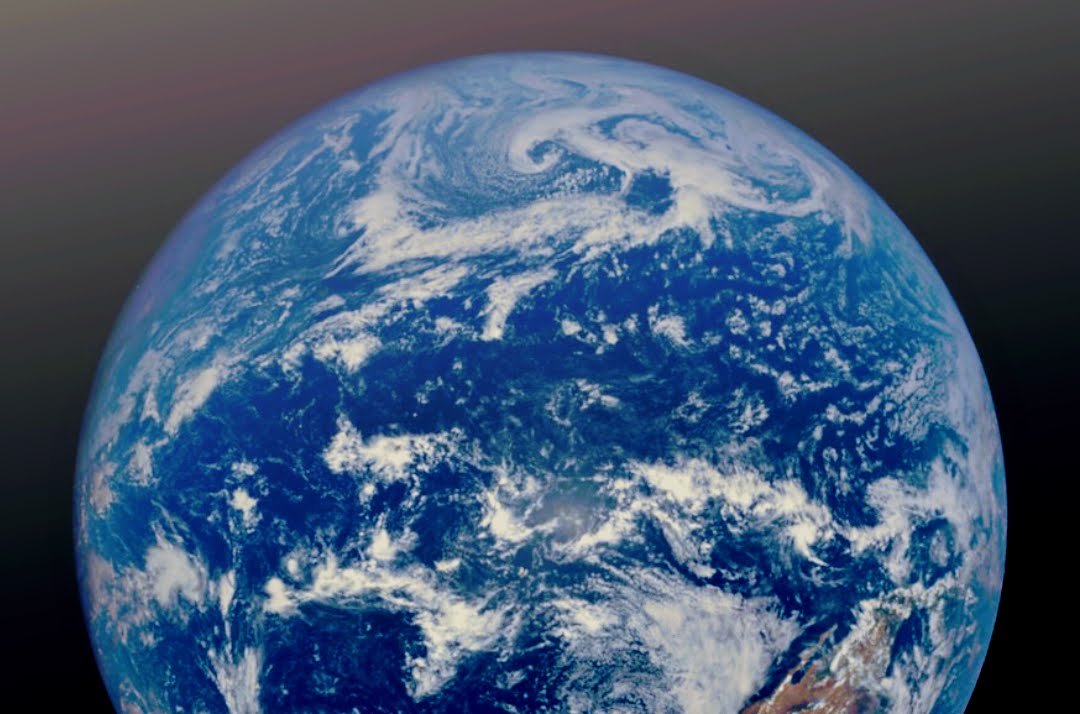Intuition as Unobserved Probabilistic Function Exploration
Epistemic status: It should go without saying that I don't have any certainty about the fundamental nature of the universe. This is just a bit of conjecture that gets me through my day.
In my previous writing, I've derived arguments to show that I should act as though the universe has a purpose, and that while the universe's purpose is not knowable with certainty, I should act as though correct action is discoverable. In this work, I wish to lay out my argument for intuition as a way of sensing the correct actions that will aid in the fulfillment of the underlying purpose of the universe.
While this post is not as thorough as my prior arguments, I wish to point out ahead of time that the method of argumentation used is consistent with the method of action advocated by the argument (ie intuition). In this sense, the following is at least self-consistent, though potentially not entirely rigorous to all counterarguments.
Decision making and uncertainty
Previously, I've noted that the purpose of the universe is probably not directly detectable, and that there exist an infinite number of possible explanations for the universe's purpose that we cannot even imagine. Nevertheless, it can help introduce this derivation by imagining that we have some finite set of options that we believe could be plausible descriptions of the purpose of the universe.
If this were the case, then it would be possible to enumerate the options and assign our estimated confidence that each one was the true purpose of the universe. Take for example the following three arbitrarily chosen pet hypotheses.
- Religion: Satisfactorily worship a specific deity
- Time Miners: Allow a species that exists in an external metauniverse to drill holes to mine time
- Simulation: Simulate the real earth to prevent a natural disaster
For each of these pet theories we could then assign some probability that we think it is the true purpose of the universe. Take for example these three assignments.
| Purpose | Probability |
|---|---|
| Religion | 0.5 |
| Time Miners | 0.3 |
| Simulation | 0.2 |
Now, if we assume that we wish to maximize the probability that we would be aiding the purpose of the universe with our actions, we could allocate our efforts to take the set of actions best suited to that goal. As an example, assume that we have the following three actions to choose from, which each contribute toward the above goals by differing amounts. In addition, each costs us a certain amount of time per day.
| Action | Contribution to Religion | Contribution to Time Miners | Contribution to Simulation | Time Allocation (hours per day) |
|---|---|---|---|---|
| Go to church once a week | 0.8 | 0.2 | 0.3 | 0.01 |
| Become a devout monk | 0.95 | 0.2 | 0.1 | 24 |
| Study quantum physics | 0.0 | 0.7 | 0.3 | 8 |
Stepping through this table, we see that becoming a monk would most likely satisfy the religion purpose, while going to church has some likelihood of satisfying it. Of course, studying quantum physics doesn't contribute meaningfully to the religion purpose but contributes more to helping the Time Miners (if they exist).
So, assuming we had only the above three options, and that we had confidence that our assessment of the probability of each of the above purposes is correct, we could optimize our total probability of aiding the universe in fulfilling its purpose. As an example, let us compare these two options: becoming a devout monk vs studying quantum physics and going to church once a week.
By the above estimate, becoming a devout monk is all consuming (24 hours/day) so we only account for that action's success probabilities. In other words, our total probability of helping the universe as a monk is 0.95*0.5 + 0.2*0.3 + 0.1*0.2 = 0.555. Next we compare this with the total probability of success for studying quantum physics and going to church once a week. For that we can add the probabilities of both actions because we have the bandwidth to do both things. This set of actions results in (0.0+0.8)*0.5 + (0.7+0.2)*0.3 + (0.3+0.3)*0.2 = 0.79*.
*Caveat: The way I've combined the probabilities isn't exactly proper here. I should account for the total probability dependent on each set of other choices. However, this only complicates the math and doesn't contribute deeply to the gist of the argument so I've simplified here.
From this calculation we would conclude that it's better to study quantum physics and go to church than to become a devout monk. Even though becoming a devout monk best satisfies the thing we have assumed is most important (appeasing an angry god), its all-consuming nature prevents us from satisfying other plausible purposes at the same time. Therefore, it is too costly to devote ourselves entirely to that cause at the expense of other propositions.
So if choosing our path in life just came down to working out some probabilistic math, then it would seem our decisions should be simple. Unfortunately, it can't be quite that easy.
The problem with assigning probabilities
The problem with assigning probabilities is that we just cannot know all the possible purposes of the universe and the probabilities of each. In fact, rather than being able to enumerate a precise list of purposes, we should probably assume that there are actually infinite possibilities. If this is the case, there is effectively 0 probability that any single purpose that we decide on is the correct one.
Beyond this, there are a staggering number of actions available to us. While the number of options isn't truly infinite, the varying degrees to which we can devote ourselves to each course of action available places the number of distinct possible lives we could live outside the limit of my imagination at least.
So there is clearly no way to directly compute the proper course of action using the above procedure without making other assumptions about the space of available purposes and actions. There is no easy resolution, and yet, through previous arguments, we still should assume there is some resolution. So what is there to do?
Using Intuition
I posit that the only resolution to this conundrum is that there must be some subtle revelation of the correct course of action that is available to each actor in the universe. This revelation could occur in many ways, depending on the exact form of the actor to whom the action is revealed. While it is not entirely clear how this revelation takes place in general, I think in a few cases we could hypothesize something to approximately describe how it works.
The hypothesis suggests that somehow the universe reveals to every element within it the set of actions that will help the universe's purpose be fulfilled. I do not know how this revelation is manifested in all people, and indeed I don't even know how other people internally manifest their sensation of interacting with the world. All I know is the internal sensation of reality that I experience. Based on my internal sensation, the most likely mechanism of this revelation seems to be through some indescribable set of instincts and biases we call our intuition
My main contention is that our intuitions are the most likely conduit by which we would qualitatively sense the universe's goals. To think about how intuition can satisfy this problem, let's further define intuition. By intuition, I mean the combined set of inclinations that direct what I would do if I could. I would describe these motivations as a subset of my complete identity. I do not necessarily suggest that there is anything supernatural about this set of motivations; they could be entirely circumscribed by the interaction of the physical laws of nature. The only suggestion is that the proper course of action must always be somehow suggested to our decision making mind, and that there is no other way to explain that phenomenon without resorting to something like intuition as defined above.
To state my above argument more formally, I propose that intuition is a way of detecting the relative values of a function that indicates whether an action helps to fulfill the purpose of the universe without being able to view the state of this function directly. My intuition for deriving this model of intuition came from my understanding of the way a quantum wave function explores all possibilities of a quantum state in a probabilistic manner without allowing access to the underlying state directly[ref]*.
*Note that I’ve left this analogy a little underdeveloped, as describing the exact correspondence between my intuition about intuition and my understanding of quantum physics is beyond this set of posts. Hopefully I can expand on the connection later when I have time and will link here when I do.
One intuitive reason that I find this analogy compelling is that it offers a plausible justification for why we would live in a universe with such preposterous physics as is suggested by our understanding of quantum mechanics. First, it is because we would need this physical example as ansuch an analogy to help us recognize the strange model of how intuition could guide usunderstand this mechanism, and second because quantum physics could in fact be the underlying physical mechanism by which this theoretical construct of intuition becomes real.
Nevertheless, I understand that the leap to accepting intuition as a valid directive lacks the rigor that previous derivations built upon. However, I cannot propose any other resolution given the constraints of my previously derived philosophy. Therefore, I am currently accepting this hypothesis in order to make decisions about my life. In addition, as I have arrived at this leap using my own intuition, it is at the least not out of keeping with the philosophy it proposes. (Since Goedel tells us we can't have completeness and consistency anyway, I will at least choose to keep consistency where possible.)
Conclusion
This is the current conclusion of my philosophical statement of beliefs. It is a work in progress, and I reserve the right to edit parts as it becomes clearer how to improve this thesis.
Importantly, I wish the reader to recognize that this philosophy really does underpin the work I am trying to do with my life. It is an important anchor in my productive goals, and the creative works that I produce.
Finally, I hope it goes without saying that I only want this philosophy to improve. If you believe that you see a major flaw in my reasoning, or if you believe something is underexplained, please do not hesitate to contact me to start a conversation. I will definitely respond to any good faith attempts at refutation.
OK, that concludes this philosophical effort for now. Bye, have fun existing!
 will stedden
will stedden

